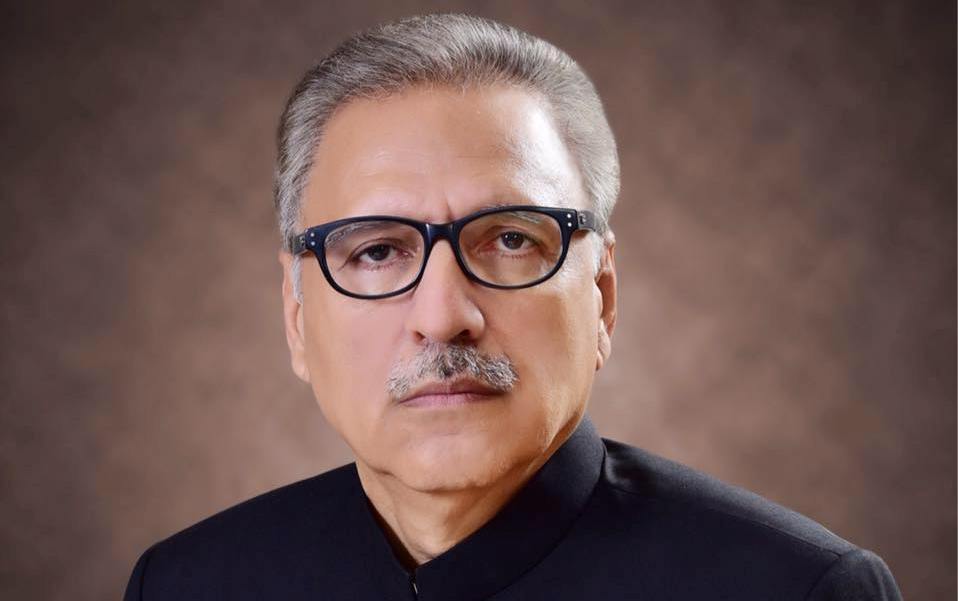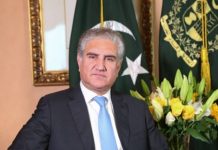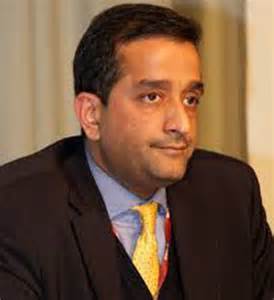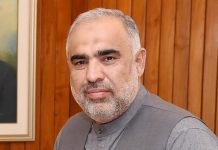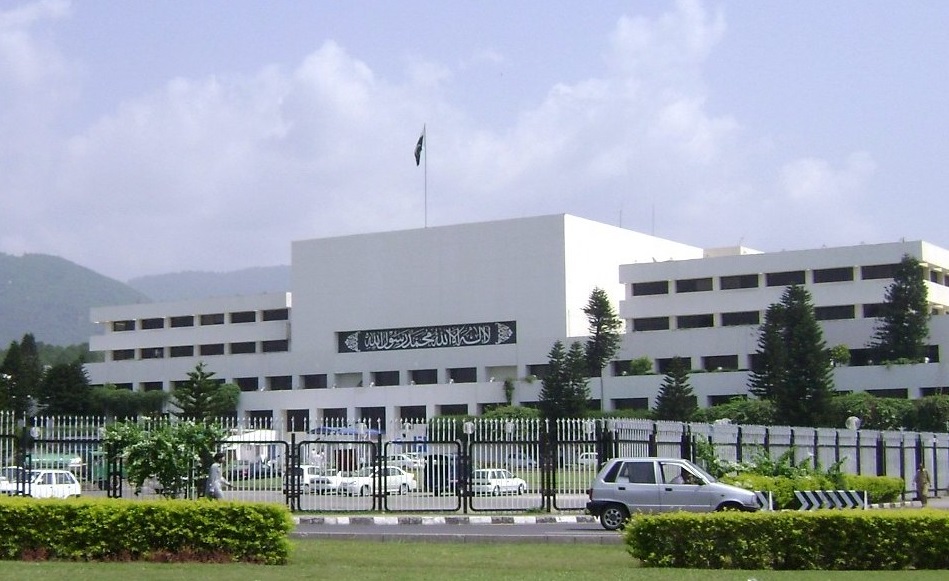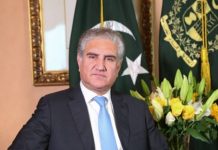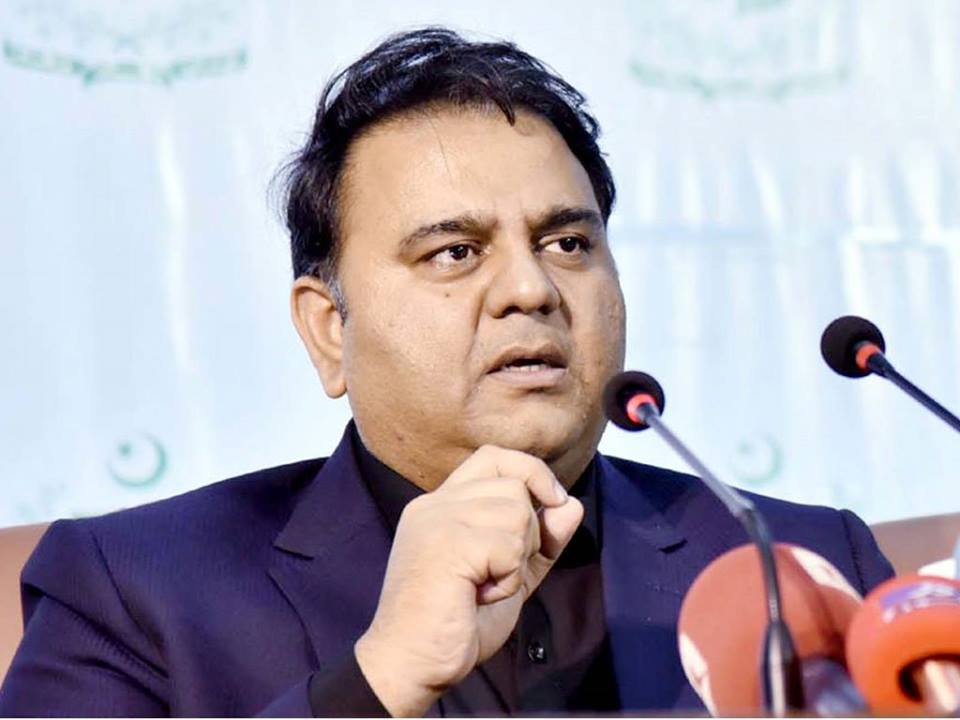ISLAMABAD, Sep 27 (APP):The ISSI-HSF International Conference on “Navigating Pakistan’s Climate Action Path: Adaptation, Finance, and Technology” featured a keynote address by Ambassador of Azerbaijan to Pakistan Khazar Farhadov and a special address by Chief Guest Senator Sherry Rehman.
The event drew a significant gathering of diplomats, climate practitioners, and academics, reflecting strong interest in addressing Pakistan’s climate challenges, said a press release on Friday.
The Inaugural Session was followed by two insightful panel discussions that explored key drivers of climate adaptation, financing mechanisms, and the role of green technology in shaping Pakistan’s climate response.
Experts emphasized the urgent need for innovative solutions, global cooperation, and strategic investments in climate resilience, stressing that Pakistan must lead by example as it approaches COP29.
The discussions highlighted Pakistan’s unique vulnerability to climate impacts and its potential to serve as a regional leader in sustainable climate action, setting the stage for continued engagement on the global stage.
Session I: Navigating Pakistan’s Climate Action Path: Adaptation, Finance, and Technology. Moderated by Ms. Aisha Khan, Executive Director for the Civil Society Coalition for Climate Change, this session explored innovative ways to adapt to climate change, governance mechanisms to enhance adaptability, and cooperation between various stakeholders, with a focus on the financial aspects of climate action.
In her introductory remarks, Aisha Khan emphasized the urgency of climate action, particularly as the 2030 deadline for adaptation looms closer. She highlighted the increased risks faced by developing countries like Pakistan due to their vulnerability and limited resources.
Mr Samuel Rizk, Resident Representative of UN Development Programme, Pakistan addressed the need for indigenized strategies to tackle climate challenges in Pakistan, emphasizing the role of capacity building, technology transfer, and concessional financing. He noted the developed world’s limited contributions in addressing the costs of climate disasters and called for depoliticizing climate issues to foster regional cooperation.
Providing an overview of Pakistan’s preparations for COP29, Dr Mazhar Hayat, Deputy Secretary at the Ministry of Climate Change and Environmental Coordination (MoCC&EC), discussed the government’s coordinated efforts to foster public-private partnerships, attract investments in climate projects, and enhance Pakistan’s commitment to global climate action. He noted that Pakistan would present itself at COP29 as a responsible nation, ready to participate in global climate efforts.
Jamil Ahmed from the UN Environment Programme(UNEP) reassured of the UN’s continued support to Pakistan in addressing climate-driven disasters. He emphasized the need for immediate action to address the agricultural sector’s vulnerability due to floods, droughts, and water scarcity.
Session II: Leveraging Global Climate Finance and the Need for Renewable Energy Transition and Green Technology. Moderated by Director CSP, Dr Neelum Nigar, this session focused on the financial strategies and technologies needed to address Pakistan’s climate challenges.
Ms Kashmala Kakakhel, an eminent Climate Finance expert emphasized that while Pakistan’s climate action plans are often shaped by obligations under the UN Framework Convention on Climate Change, they must also focus on mitigation. She stressed the importance of tapping into global climate funds for adaptation and mitigation and called for dynamic strategies to develop bankable projects.
In the concluding session, Mr. Muhammad Bilal, Senior Program Manager at Hanns Seidel Foundation Pakistan, expressed appreciation for the insightful discussions and emphasized that the ideas generated would shape policy-making ahead of COP29. He reiterated that climate change is an existential threat for Pakistan, requiring urgent attention and global cooperation.
مضمون کا ماخذ : لاٹری کا انعام کیسے حاصل کریں







